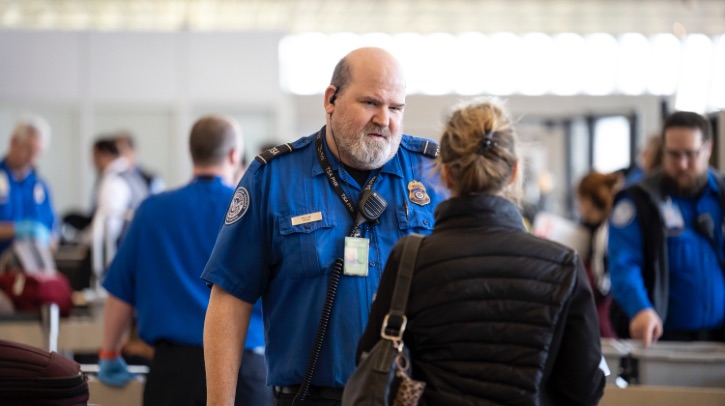The Transportation Security Administration (TSA) is seeking information from private-sector entities on the development and deployment of turnkey Screening Partnership Program (SPP) solutions.
TSA is interested in learning more about solutions that can enhance aviation security effectiveness, reduce total operating costs and workforce requirements, improve passenger experience and throughput, and maintain full compliance with TSA’s performance standards and regulatory oversight.
SPP enables TSA to contract with private screening companies at the request of the airport to provide screening services under TSA’s direction and oversight. TSA is now exploring opportunities to modernize the program by incorporating integrated, technology-forward solutions that reduce reliance on manual labor, incorporate AI-driven threat detection and remote screening, improve passenger satisfaction and increase adaptability during surge events or staffing constraints.
TSA is particularly interested in modular, scalable offerings that can be deployed across a range of airport sizes and layouts.
TSA’s Request for Information (RFI), issued on July 16, states that the solutions should include technology integration, namely:
-
AI/ML-driven threat detection for carry-on and checked baggage
-
Advanced accessible property, body scanning, alarm resolution and biometric ID verification tools
-
Office and on-premise remote screening and centralized image review centers
-
Integration with TSA PreCheck, mobile apps and digital ID platforms
-
Integration with existing screening equipment as necessary to facilitate safe and secure screening operations
-
Alignment with, or recommended revisions to, existing TSA guideline documents pertaining to checked baggage and checkpoint designs
-
Cloud-based command and control dashboards with real-time analytics, predictive analytics and business intelligence data
In addition, workforce optimization capabilities including innovative staffing models that reduce headcount while maintaining performance standards; automation and robotics to assist with passenger and baggage handling; and cross-training strategies to enhance flexibility and reduce redundancies are also sought.
To improve the passenger experience, TSA is interested in information regarding queuing and flow management solutions that reduce wait times; integration with airport/airline applications and/or airport displays to have real-time wait time information; predictive analytics to allocate resources based on passenger volume; contactless screening and check-in or bag drop technologies; and transparent privacy and opt-in features for biometric technologies.
Finally, TSA seeks information on contracting and operational models, including turnkey delivery of SPP services; proposed contracting structures; recommendations for data ownership, security and compliance protocols; recommendations for technology ownership, lifecycle systems engineering responsibilities and lifecycle logistics and sustainment concepts; and concepts for cost-sharing or innovation financing with airport authorities.
In related news, TSA announced new benefits for the US military community earlier this month.

